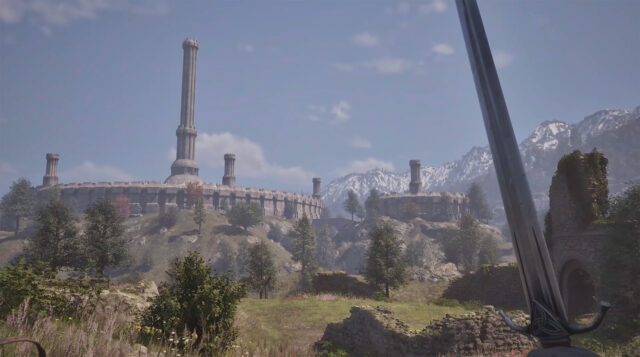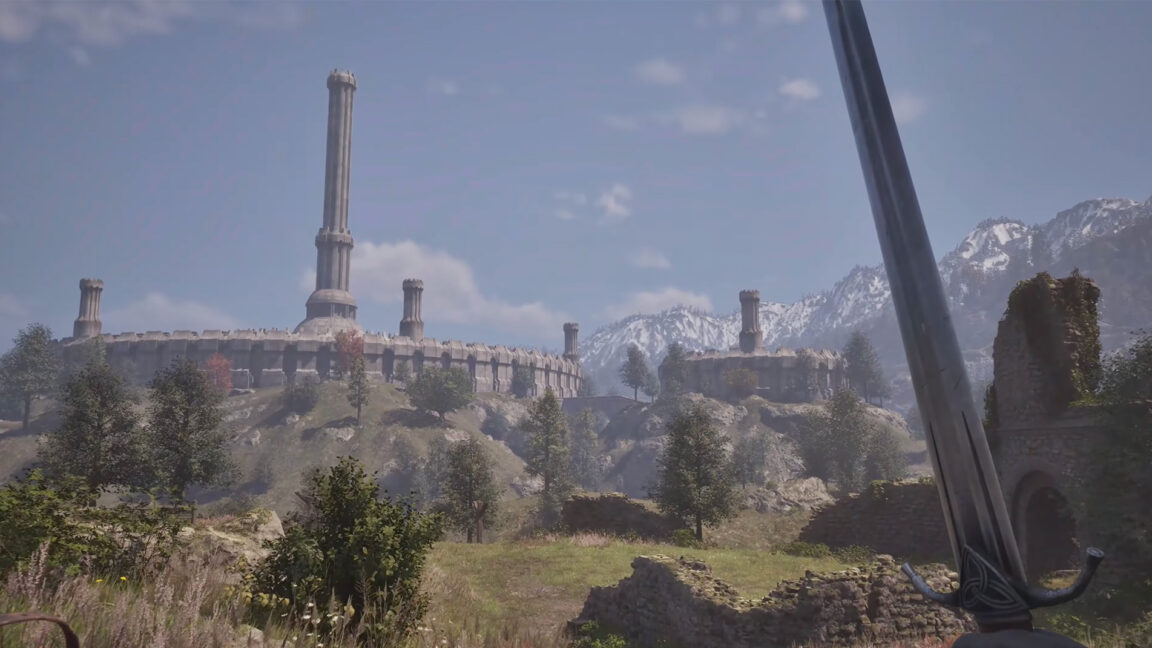The worst-kept secret in the gaming industry in 2025 is no longer a secret: Bethesda Game Studios' 2006 RPG The Elder Scrolls IV: Oblivion has been remastered, and that remaster has already been released on all supported platforms today.
A livestream featuring developer sound bites and gameplay footage ran on Twitch and YouTube today, making it official after years of leaks.
Oblivion was the immediate precursor to The Elder Scrolls V: Skryim, which became one of the most popular games of all time—but Oblivion was pretty popular in its time, too, and it was the first game in the franchise that would end up feeling at all modern by today's standards. (I personally will always love The Elder Scrolls III: Morrowind, though.)
Like Skyrim, it straddles the line between story-based fantasy RPG and systems-based, emergent gameplay playground. It's less structured and accessible than Skyrim, but it offers far more robust character customization. It's infamously janky, but largely in an endearing way for fans of the franchise. (Players who prefer a polished, curated experience should surely look elsewhere.)
The port was not handled directly by the original developer, Bethesda Game Studios. Rather, people within BGS worked closely with an outside developer, Virtuos.
Virtuos is a sprawling, multi-studio organization with a deep history as a support studio. It contributed to a whole range of games, like Cyberpunk 2077, Hogwarts Legacy, The Outer Worlds, and more. It also was involved in some previous well-received remaster efforts and ports, including Assassin's Creed: The Ezio Collection and Final Fantasy X/X-2 HD Remaster. Based on the footage in Bethesda's reveal video today, it appears that Oblivion Remastered was largely developed by Virtuos Paris.
It's important to note that this is a remaster, not a remake. This project uses Unreal Engine, but only for the presentation aspects like graphics and audio. Bethesda's engine is still there handling the gameplay logic and systems.





 Loading comments...
Loading comments...
